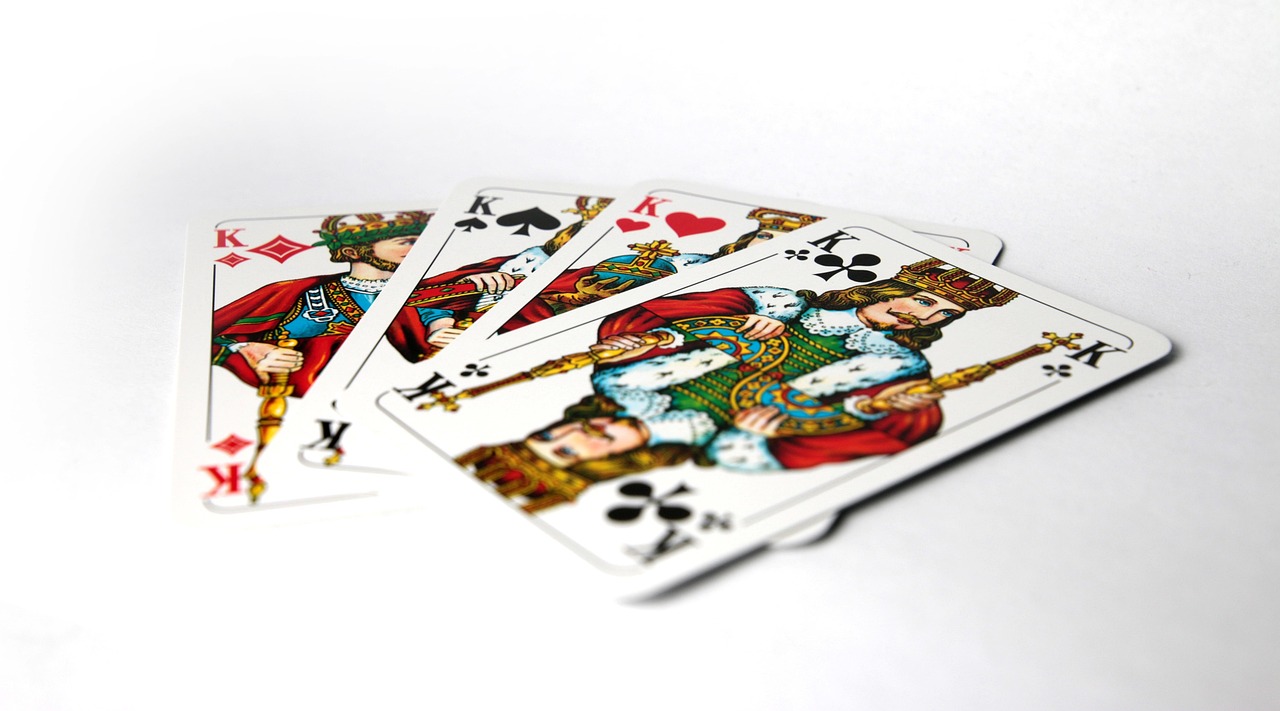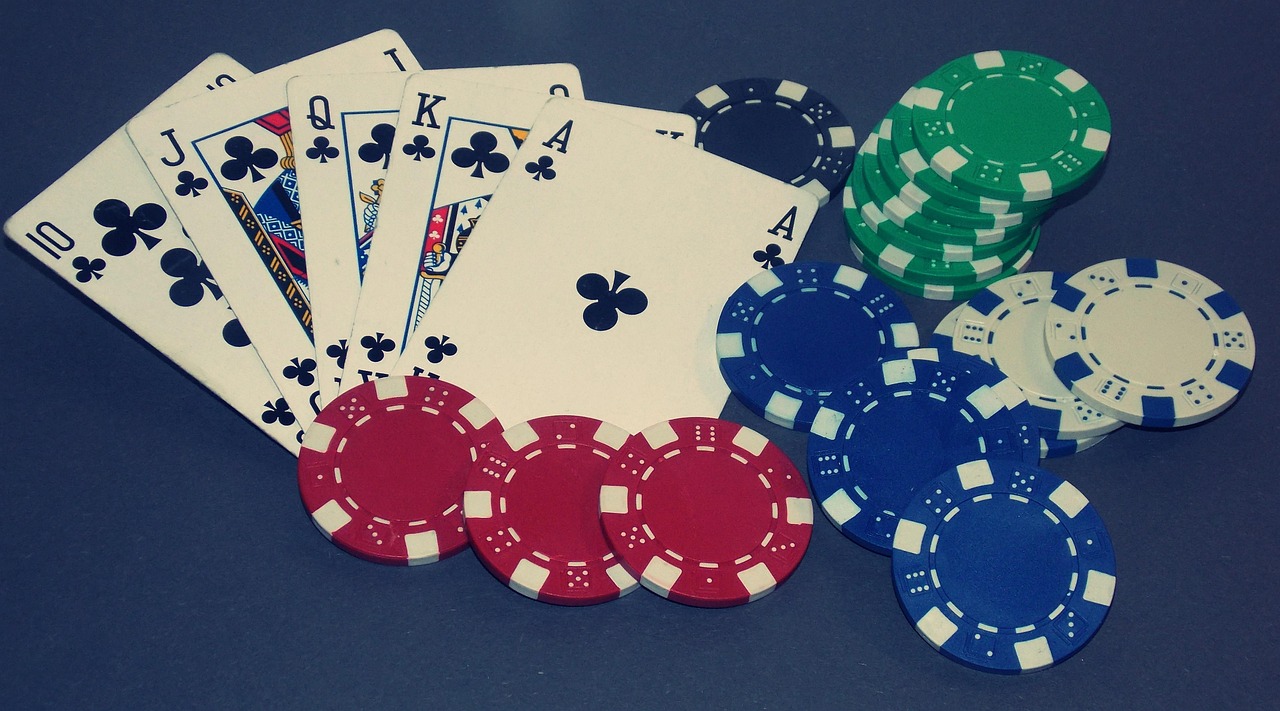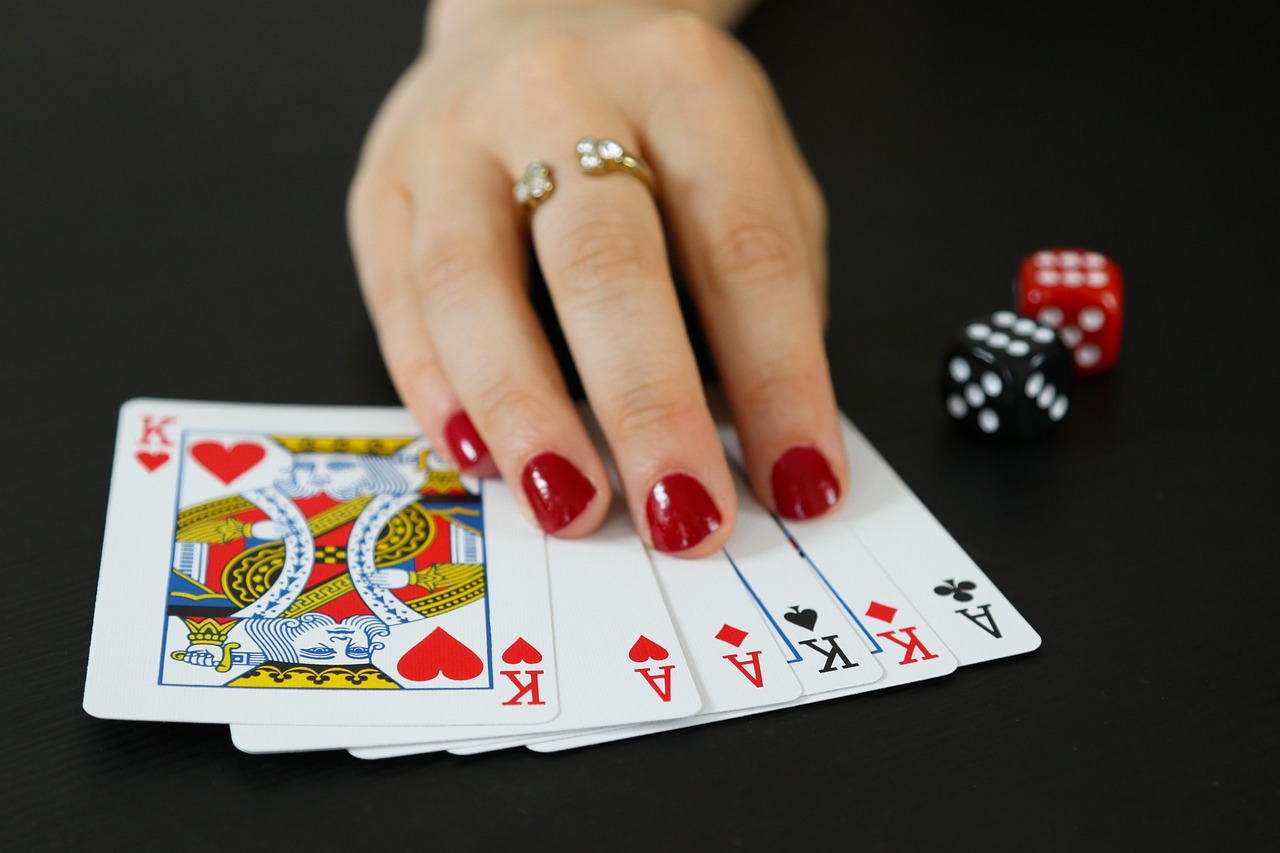Learn how to play Omaha Poker like a Pro in this post.
There’s something magnetic about Omaha poker. It’s a casino card game that you stumble into after a few rounds of Hold’em. It’s faster, riskier, and a little wild, the kind of poker that rewards bold thinkers and disciplined gamblers alike.
The rules might look familiar. Once you’ve played your first hand, you’ll realize this game dances to its own beat. Before diving in, it helps to brush up on what beats what in poker so you’re not second-guessing a winning combination when the pot’s on the line.
Table of Contents
Understanding the Rules of Omaha Poker
Let’s start with the basics. The rules of Omaha poker are close cousins to Texas Hold’em, but there’s one major twist: you’re dealt four hole cards instead of two.
From those four, you must use precisely two in combination with three of the community cards to build your best five-card hand. That “must use two” rule throws many new players a curveball. You might think you’ve hit a flush, but if only one of your hole cards contributes to it.
Every round starts with blinds, a pre-flop, a flop, a turn, and a river, just like Hold’em. But strategy-wise, Omaha isn’t about bluffing your way to victory. It’s about reading patterns, calculating outs, and staying calm when the board looks like it could explode with possibilities.
The Four-Card Mind Game
Every player’s hand potential skyrockets with four hole cards, meaning pots are bigger, swings are wilder, and your reads have to be sharper. The secret to playing Omaha poker well is realizing that hand strength before the flop doesn’t always translate after the flop.
You’ll see a lot of hands that look good, double-suited, connected cards like A♠ K♠ Q♦ J♦. Once the flop hits, you’ll need to rethink everything. You’re playing it against a table of players who likely have strong draws.
That’s why experienced Omaha players talk less about individual hands and more about ranges and redraws. Flexibility is key, and knowing when to commit or when to fold your “monster” because someone else just made an even bigger one.
The Difference Between Omaha and Texas Hold’em
So, what makes Omaha so different from its more famous cousin? Texas Hold’em relies heavily on positional play and calculated aggression. In Omaha, those still matter, but the math does more of the talking. With twice as many hole cards in play, strong hands like top pair or even a set aren’t as safe as they feel in Hold’em.
For new players coming from Hold’em, this is the first significant adjustment. You’ll see flops that connect with everyone’s cards, and suddenly five players are in a pot that would’ve scared off most in Texas Hold’em. That’s what makes Omaha exciting and dangerous.
The betting patterns also shift. In Pot-Limit Omaha (PLO), the most popular version, you can only bet up to the size of the pot. That rule keeps things in check (somewhat) while still leaving room for massive swings and heart-pounding showdowns.
What Makes a Strong Starting Hand
When you ask seasoned players what the best starting hand in Omaha poker is, you’ll usually hear something like A-A-K-K double-suited. That’s because it gives you multiple chances of nut flush possibilities, straight draws, and strong pairs. But even that powerhouse hand can crumble if the flop doesn’t land your way. Omaha teaches humility fast.
Good starting hands usually have connected, suited cards that can make multiple strong draws. Think of it as building flexibility into your strategy.
The Pulse of a Casino Card Game
There are some different types of poker games. Many of them are dynamic, and you’re always one card away from a complete reversal of fortune.
The beauty of playing Omaha poker lies in its unpredictability. You’re constantly doing mental math, balancing risk, and testing your reads. And unlike pure luck games, there’s real skill here. The more you understand probabilities and player behavior, the better your results get.
Mastering the Omaha Mindset
At its core, Omaha rewards patience, observation, and timing. No matter if you’re a casual player chasing a thrill or a grinder looking to master one of the most nuanced casino card games out there, remember this: Omaha is less about luck and more about leverage.
When you can read the table, predict the flow, and adjust on the fly, that’s when the four-card puzzle starts to make sense, and you’ll know you’ve truly learned how to play Omaha poker the right way.
INTERESTING POSTS
About the Author:
Mikkelsen Holm is an M.Sc. Cybersecurity graduate with over six years of experience in writing cybersecurity news, reviews, and tutorials. He is passionate about helping individuals and organizations protect their digital assets, and is a regular contributor to various cybersecurity publications. He is an advocate for the adoption of best practices in the field of cybersecurity and has a deep understanding of the industry.










